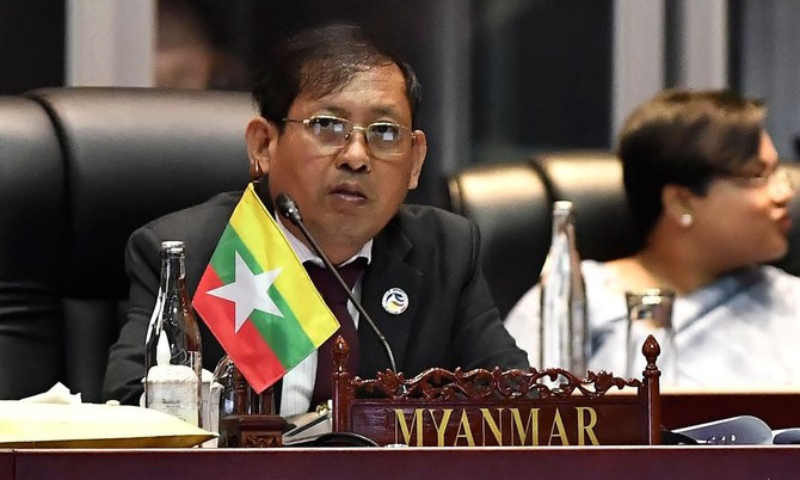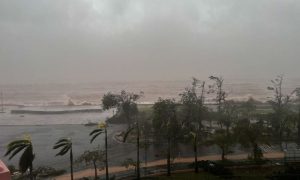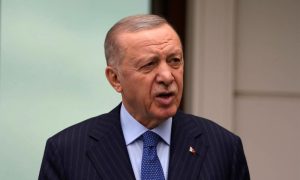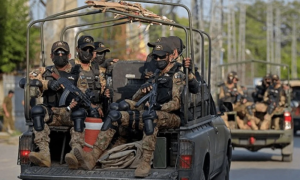VIENTIANE: The foreign ministers of the Association of Southeast Asian Nations (ASEAN) on Saturday strongly called for peace and dialogue in military-ruled Myanmar, condemning the ongoing violence against civilians and urging all parties to adhere to a peace plan. The statement came as ASEAN ministers convened in Laos for talks on key regional and global issues.
In their joint communique, the ASEAN ministers expressed grave concerns over the worsening humanitarian crisis in Gaza, highlighting the “alarming casualties” due to Israeli bombardment and calling for a peaceful resolution to the conflict. The ASEAN ministers also expressed unease about North Korea’s recent missile tests and reiterated the bloc’s stance on addressing tensions in the South China Sea.
The ASEAN meeting in Vientiane saw the participation of major global powers, including the United States, China, Russia, Japan, India, and Australia. These discussions aimed to bolster regional relationships and address critical security issues.
During a meeting with US Secretary of State Antony Blinken, Indonesia’s Foreign Minister Retno Marsudi emphasized the need for ASEAN’s collaboration with Washington to uphold international laws consistently, particularly regarding the situations in Ukraine, the South China Sea, and Gaza. Blinken expressed a desire to work closely with ASEAN nations on these matters, including the ongoing violence in Myanmar and provocations from North Korea.
Secretary Blinken is also met with Chinese Foreign Minister Wang Yi on the sidelines, as both nations seek to expand their influence in the region. The interaction comes amid growing concerns about the deepening ties between Russia and China, which have intensified over the past two years.
ASEAN members, including Vietnam, the Philippines, Malaysia, and Brunei, have ongoing disputes with China over its expansive claims in the South China Sea. Indonesia has voiced concerns over perceived encroachments on its exclusive economic zone. Despite these tensions, recent developments suggest a shift towards diplomacy. The Philippines and China have reached a provisional agreement to manage their maritime disputes, which the Philippines hopes will reduce confrontations in the disputed area.
The agreement, celebrated by Blinken in his opening remarks, has already seen a successful supply trip to the disputed area without confrontation. However, China has criticized US military deployments in the Philippines, with Wang Yi arguing that such moves could heighten regional tensions and trigger an arms race.
Myanmar’s ongoing civil conflict remains a major concern for ASEAN. Since the military coup in February 2021, Myanmar has faced severe violence and a humanitarian crisis. ASEAN’s “five-point consensus” plan for peace, which includes an immediate cessation of violence, dialogue among all parties, mediation by an ASEAN special envoy, humanitarian aid, and a visit by the special envoy, has yet to be fully implemented. ASEAN’s efforts to address the crisis in Myanmar have faced challenges, raising questions about the effectiveness and credibility of the bloc’s peace initiatives.
Thailand, one of Myanmar’s immediate neighbors, has proposed expanding dialogue mechanisms to involve more stakeholders. These proposals are currently being reviewed by Laos, the ASEAN chair, for potential submission to Myanmar.
























